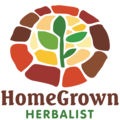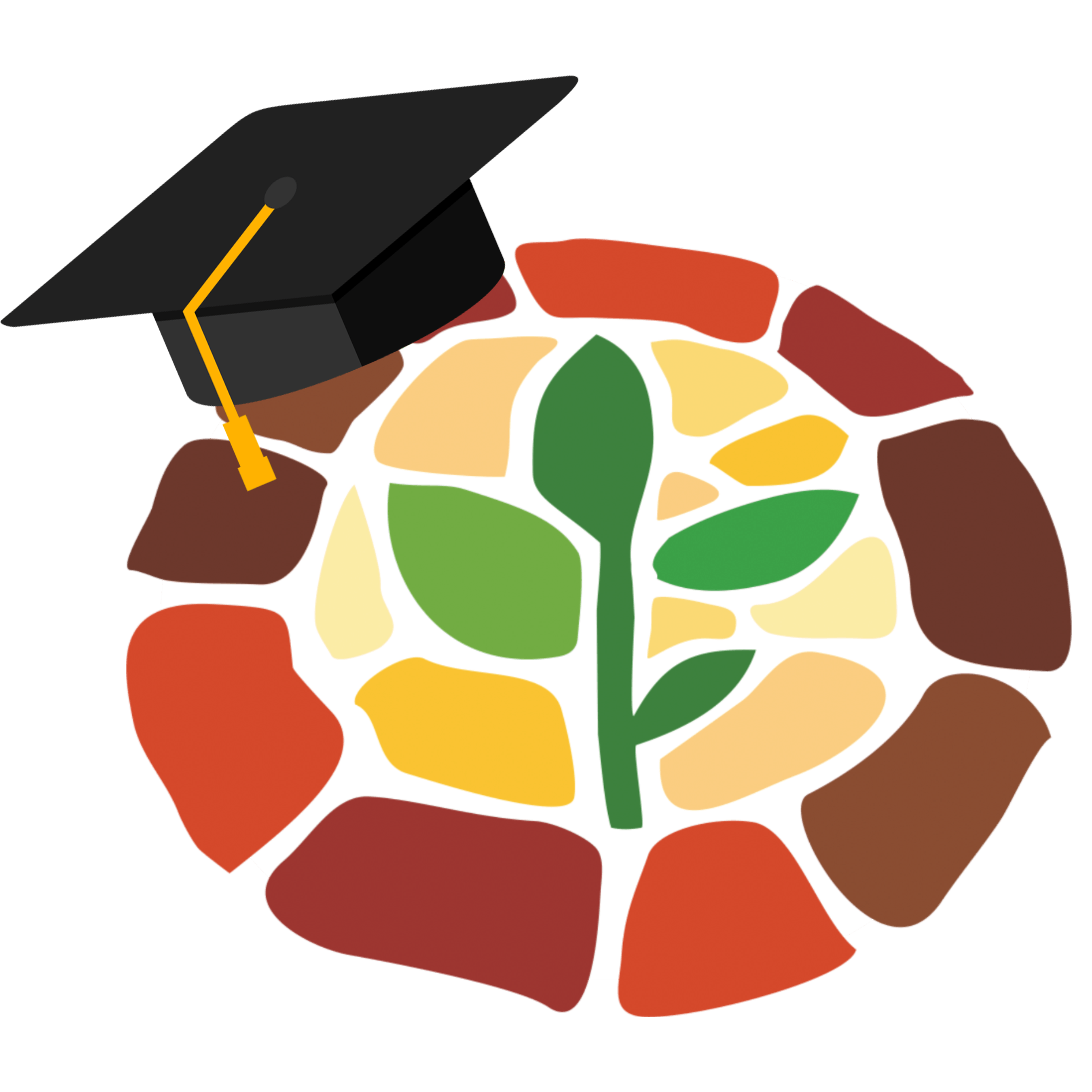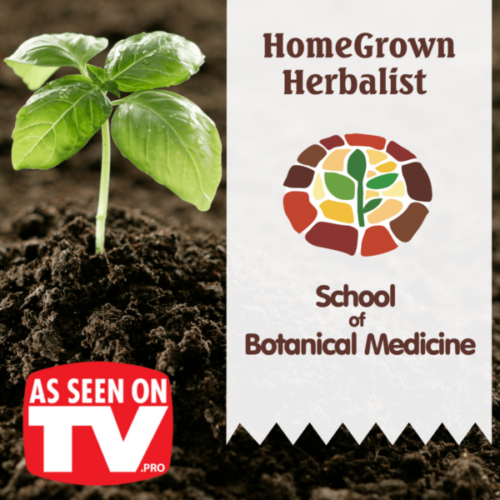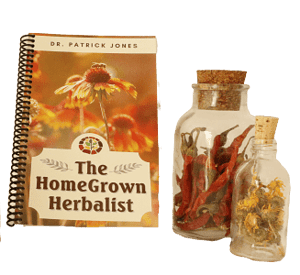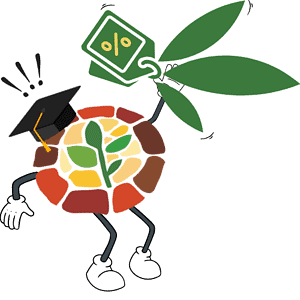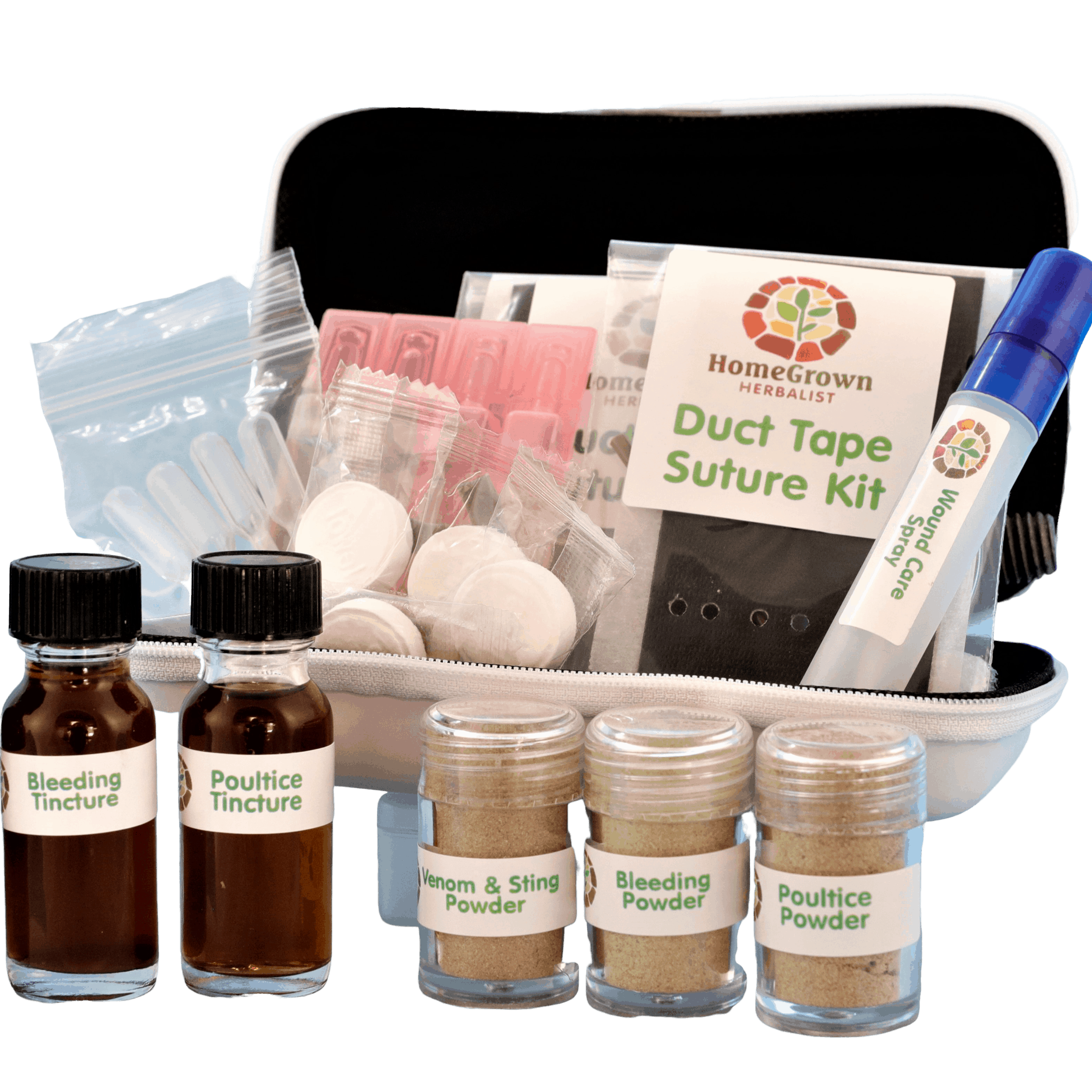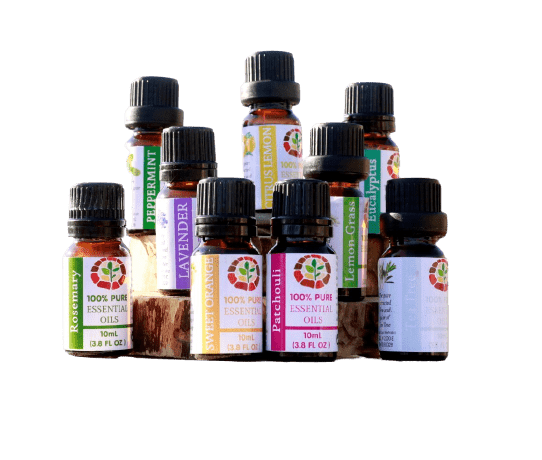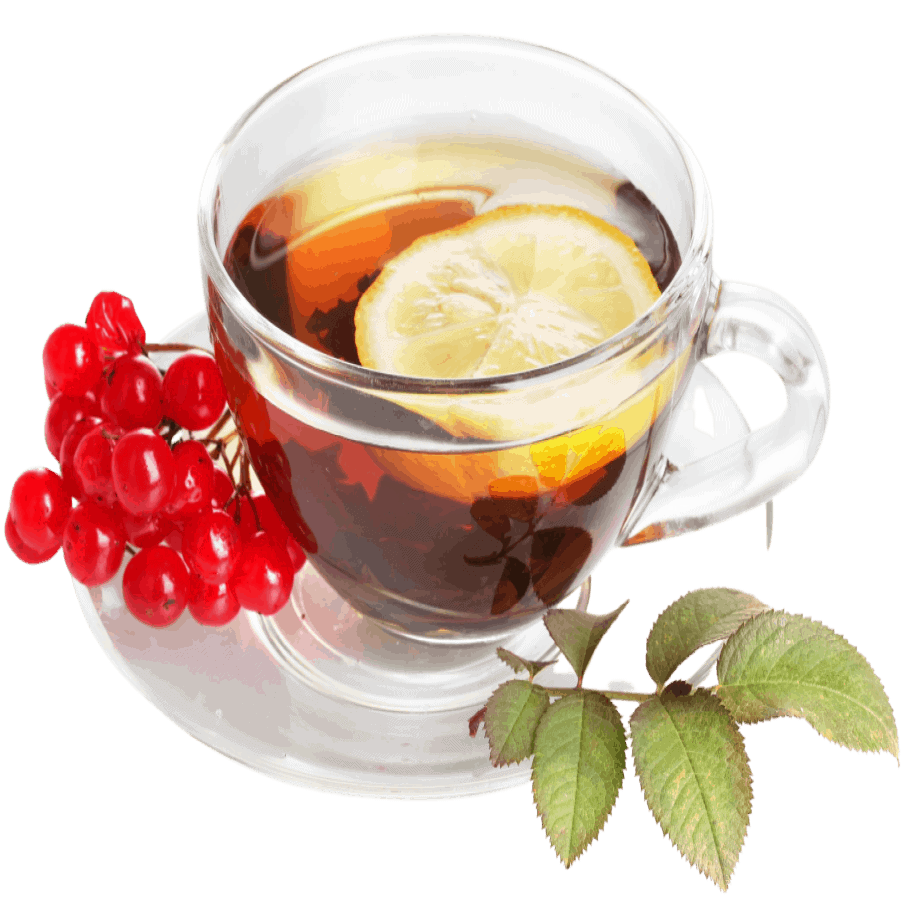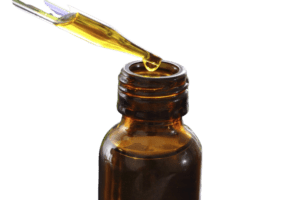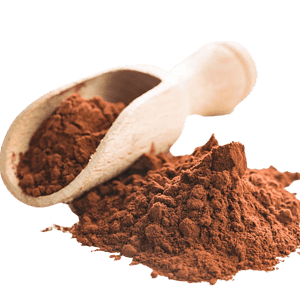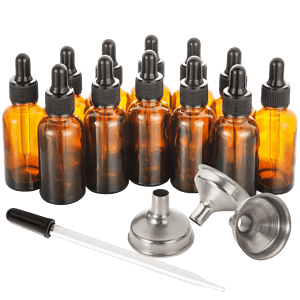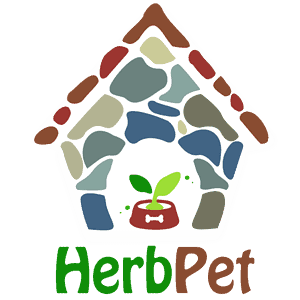Our society of late has become increasingly polar. There is an “all or nothing”, “with us or against us” mentality that seems to pervade every topic of conversation and every aspect of life. It seems everyone is compelled to choose a side and when they do, they pick up the pom-poms of their team’s color and root exclusively for their side. Neither team seems to care about truth, progress or integrity. They only care about their side winning…at all costs.
Learning from someone that has a different perspective is becoming a lost art. We are, it seems, so determined to justify and defend our own cause that we cannot bear to entertain any alternative notions.
Sadly, this same malady has crept into the minds and hearts of many in regards to how we can best promote wellness and prevent or treat illness. Proponents of modern medicine and proponents of traditional medicine have lined up and taken sides.
Drugs are Evil!
Herbs are Dangerous!
Ironically, these passionate opinions are typically strongest among those that know the least about the other side.
I find myself in an odd position in this debate. I spent years and years learning all about modern diagnosis, drugs and surgery. I’ve spent a good portion of my life as a practicing veterinarian. I’ve also spent decades studying and practicing as a clinical herbalist. I am able to use both of these modalities and have seen real miracles that each has accomplished in cases that the other could not have begun to address.
There is a historical figure that I think can help us a lot with this team-choosing conundrum, Saul of Tarsus. Saul was a pharisee, part of the jewish ruling class in ancient Israel. His principle occupation was to try to stamp out christianity. He knew without a doubt that they were wrong and that his motives for trying to eradicate their ideas were good and noble. He was trying to defend and protect his own faith and ideas that had been a blessing to him and many others for a very long time. One day, on the road to Damascus, Saul had a paradigm-changing experience. After that, he became a devout christian himself and changed his name to Paul…But he continued to identify himself as a pharisee.
What?!
As if that dichotomy wasn’t enough, Paul was also a Roman citizen.
A Roman citizen!
Can you imagine?!
The Romans were seen by most Israelites as pagan, foreign invaders. And the Romans saw both judaism and christianity as ideological threats to their empire. After all, anyone that thought and taught that Caesar wasn’t a god was obviously trouble.
So how was it that Paul was able to pledge allegiance to these three seemingly disparate groups that were constantly at odds with each other? Well, Paul had a saying:
“Prove all things, hold fast that which is good.”
Seems like pretty good advice. The fact is, modern medicine has remarkable capabilities. Herbs and other traditional modalities also have remarkable capabilities. Physicians are, almost without exception, good-hearted people motivated to help others be healthier and live longer. Herbalists have the same goals exactly. Both groups have wonderful tools. In some cases, those two sets of tools can’t be combined due to the laws of chemistry and physiology but in many cases they can.
I’ve had a number of opportunities to work with physicians and veterinarians on cases they were managing. In all of those cases, the patients benefitted significantly from the combination of both modalities. As an example, I was on the phone a few weeks ago with a hospitalist in Ohio. He was managing a patient in ICU whose family wanted to add some herbs to his treatment regimen. This good doctor knew nothing about herbs and had questions. Some of the plants the family was proposing be used were a great idea. Others would have significantly interfered with necessary medications the ICU was using to help the patient. By discussing the various medications and the plants and their actions, the physician was able to make decisions about how to move forward employing both modalities to the patient’s benefit.
The first step of learning is to entertain the idea that we don’t know everything. Another important step is to entertain the idea that someone that disagrees with us on something may have some really great information. Finally, we need to put down the pom-poms and engage in a real conversation.
Proving all things and holding fast that which is good requires listening. It requires thought, consideration and exploration of new ideas. Mostly though it requires a little humility and courtesy.
At The HomeGrown Herbalist School of Botanical Medicine we strive to teach our students how the body functions, how disease processes progress and how plants can aid in health and healing. When modern medicine has a better solution, we say so. When herbs are a better choice, we say that too. Our student body includes numerous physicians, nurses, veterinarians and other medical professionals that have a first hand knowledge of the great power as well as the limitations of modern medicine. It also contains naturopaths, acupuncturists and accomplished herbalists that have already graduated from other programs. Together, we are learning wonderful things, building bridges and paving the way for a truly holistic approach to health and healing which proves all things and holds fast that which is good.
If you’re weary of the pom-poms and finger pointing and want to really learn how you can help others. We invite you to join us, learn form us and teach us.
Dr. Patrick Jones
